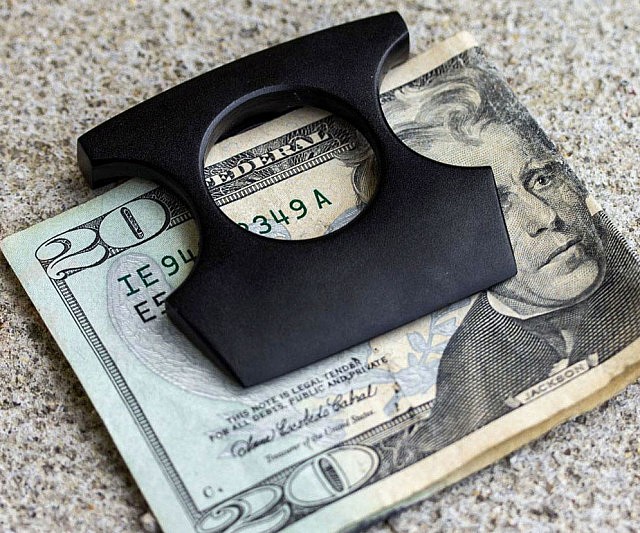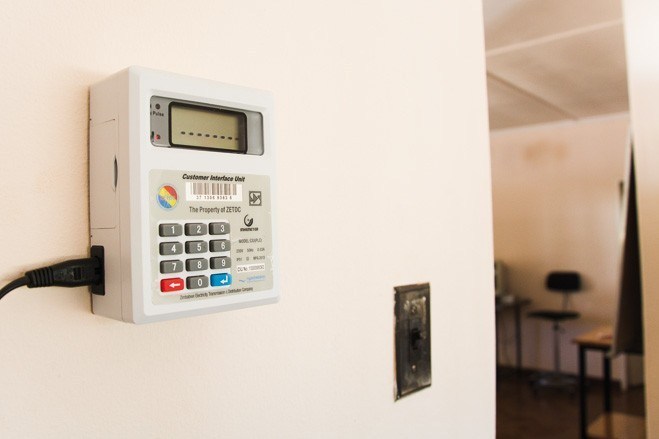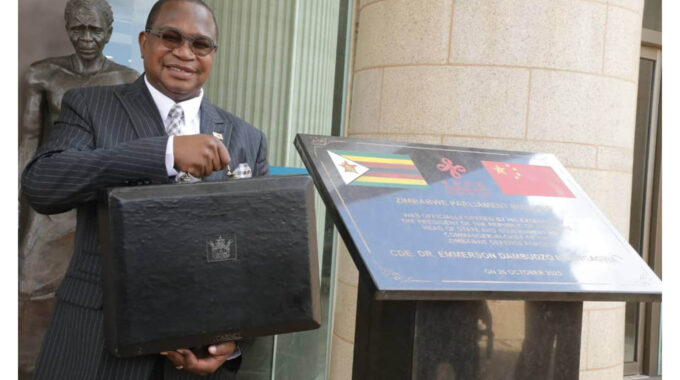Government tightens screws on unbeneficiated base metals exports
GOVERNMENT has enacted additional regulations aimed at curbing the rampant exportation of various high-value minerals in raw form, buttressing calls for enhanced domestic value addition in the mining sector.
A new Statutory Instrument on base minerals export control (Unbeneficiated Base Mineral Ore) order 2023, was gazetted last week and outlines the new measures that came into force with immediate effect.
The Statutory Instrument (SI) was issued by the Ministry of Mines and Mining Development and defines unbeneficiated base mineral ore as any ore of whatever base mineral that has not undergone processing within Zimbabwe to any extent.
“Under the powers conferred upon me by section 3(1)(a) of the Base Minerals Export Control Act [Chapter 21:05], I, Winston Chitando, MP, Minister of Mines and Mining Development, by this order direct that with immediate effect,
“No unbeneficiated base mineral ores shall be exported from Zimbabwe to another country except under written permit of the minister given in either of the following circumstances on written application to him by any miner or other interested person,” reads part of the new regulations.
According to the latest guideline, mineral ore is defined as all forms of minerals or mineral aggregates, which is in the abstract are of economic value while base minerals relates to coal and all other minerals and mineral substances such as coke and all such slimes, concentrates, slags, tailings, and residues as are valuable and contain base minerals but does not include precious metals.
Minister Chitando said in circumstances where the ore cannot be processed locally and warrant exportation for processing, production of proof satisfactory supporting the need would be required.
“The export of any unbeneficiated base mineral ore in respect of which the applicant produces compelling reasons to the minister showing that no such ore is capable of being beneficiated to any extent within Zimbabwe or the export of samples of any unbeneficiated base mineral ore for assaying outside Zimbabwe, upon production of proof satisfactory to the minister that such assay cannot be satisfactorily done in Zimbabwe, and that the quantity to be exported for that purpose is necessary for that purpose,” reads the gazetted rules.
President Mnangagwa has always challenged the mining sector to enhance value addition to help end the country’s unsustainable reliance on primarily exporting raw minerals.
President Mnangagwa
Zimbabwe is envisioning a US$12 billion mining industry by 2023, which is a key enabler of Vision 2030 of achieving an upper-middle-in-come economy by 2030.
Of the US$12 billion, gold, platinum, and diamonds will contribute US$4 billion, US$3 billion, and US$1 billion respectively.
Other minerals such as chrome, iron ore, and carbon steel will contribute US$1 billion while coal and hydrocarbons will do the same. Lithium is expected to contribute US$500 000 while other minerals will add US$1,5 billion.
The latest regulation also repealed the Base Minerals Export Control (Unbeneficiated Lithium Bearing Ores) Order, 2022, published in Statutory Instrument 213 of 2022.
However, the repeal does not affect the validity of anything done by the minister under the previous order.
“To avoid doubt section 5 of the principal Act provides that ‘An order shall have effect notwithstanding anything inconsistent therewith in any other enactment or any trade or customs agreement to which the State is a party’, and Section 6 of the Principal Act provides that any person who contravenes or fails to comply with any order or with the terms and conditions of any permit issued to him or her under an order shall be guilty of an offence, and liable to a fine not exceeding level 9 or twice the value of the base minerals in respect of which the offence is committed,” it reads.-chronicle.c.zw










